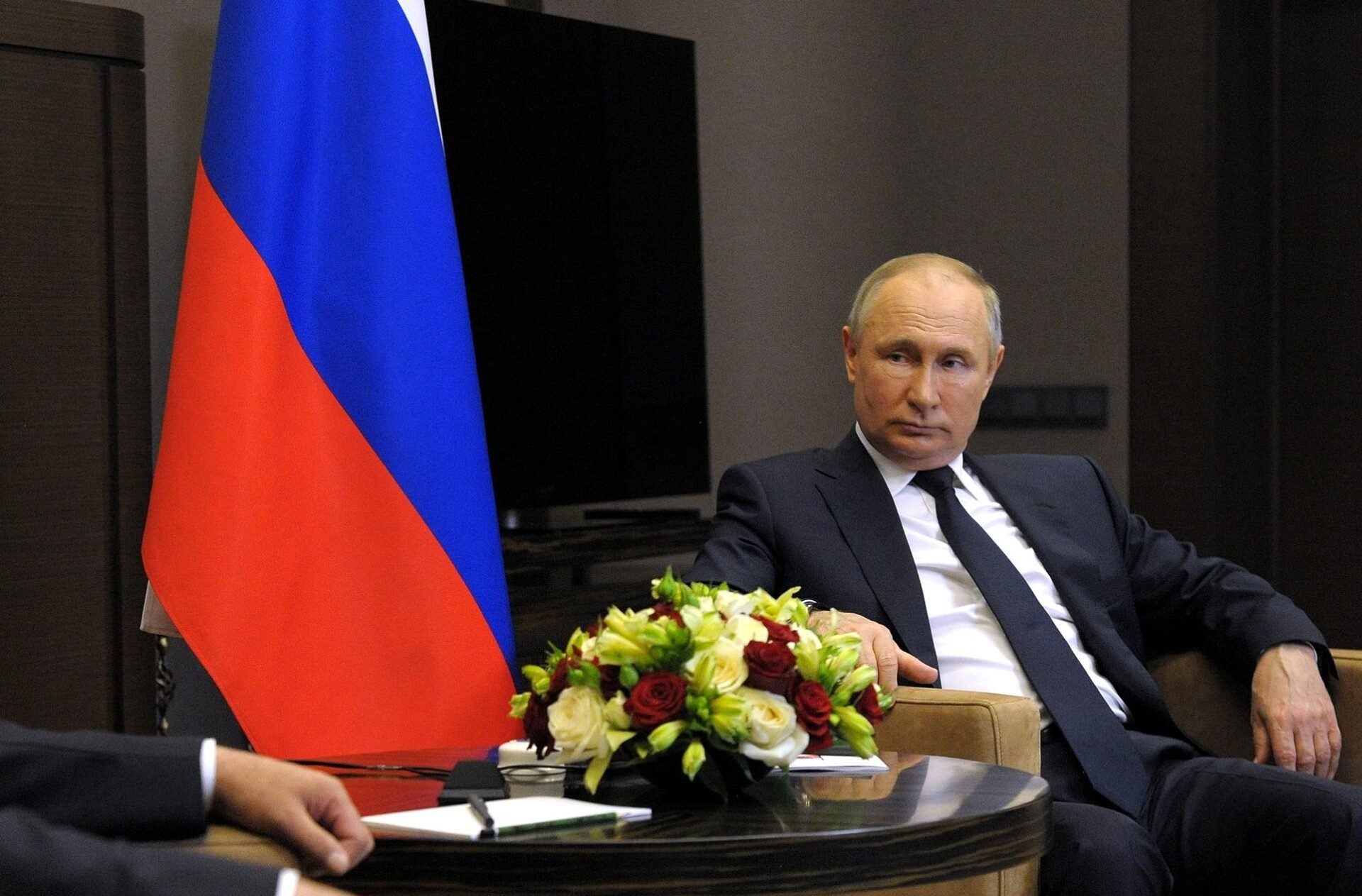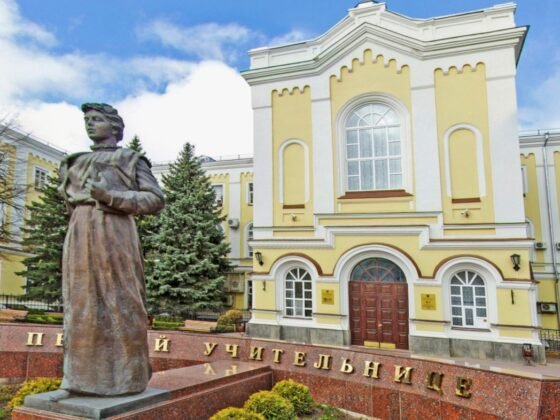(Washington Post) The image of Putin’s popularity bolsters his actual popularity, our research finds. But staged perceptions of popularity can be fragile.
Within days of Russia’s February invasion of Ukraine, Russian authorities began to orchestrate a pro-war campaign at home. To portray a country that is rallying around its president, the regime has staged pro-war rallies and introduced new symbols in support of the war. State media regularly runs stories that emphasize how Putin’s approval ratings have gone up since the invasion.
Why do authoritarian leaders such as Russia’s Vladimir Putin try so hard to convince the public that they are popular? Our research shows citizens’ support for Putin depends in part on how popular they think he is among other Russians. Scholarship generally finds that more popular authoritarian governments tend to last longer. Our results suggest that leaders such as Putin need these public perceptions of support if they want to remain in power.
Survey experiments we fielded in Russia in 2020 and 2021 found that when people think support for Putin is declining, they become less likely to support him — and not just because that’s what they think others want to hear. […]
Read More © Washington Post (Monkey Cage)
Noah Buckley (@thenoahbuckley) is an assistant professor of political science at Trinity College Dublin.
Kyle L. Marquardt (@kailmarkvart) is an associate professor of comparative politics at the University of Bergen and a V-Dem project manager.
Ora John Reuter (@reutertweets) is an associate professor of political science at University of Wisconsin at Milwaukee.
Katerina Tertytchnaya (@KTertytchnaya) is an assistant professor of comparative politics at University College London.











